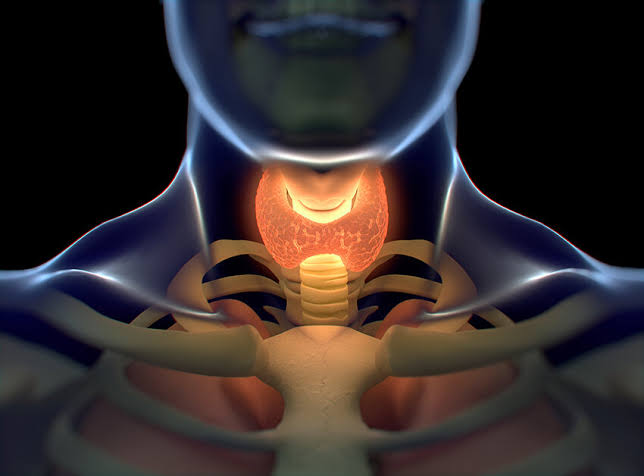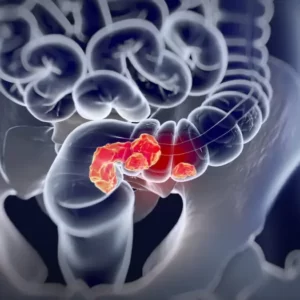Thyroid Surgery (Benign and Malignant)
Price range: ₹1,000.00 through ₹2,000.00
Learn different types of Thyroid surgery for different aetiologies through our scientifically proven stepwise program. You can acquire this skill anywhere, anytime, without quitting your job and daily life. We utilize the FAHEM Theory of Skill Development to enhance human skills.
The FAHEM theory, which stands for “Fundamentals of Acquiring Highly Effective Skills through Multi-Steps,” is a groundbreaking concept that underscores the potential for skill development through a systematic, multi-step approach combined with the utilisation of multi-sensory systems.
Please read the Requirements and Commitments of each level before making a purchase. Ensure you meet the eligibility criteria to receive the product/service.
Description
Thyroid surgery is a crucial skill for surgeons due to the prevalence of thyroid disorders. Here are different types of thyroid surgeries for both benign and malignant disorders:
- Thyroidectomy:
- Total Thyroidectomy: Removal of the entire thyroid gland. Commonly used for thyroid cancer and Graves’ disease.
- Near-Total Thyroidectomy: Leaves a small part of the thyroid intact to preserve parathyroid function.
- Subtotal Thyroidectomy: Removal of a significant portion of the thyroid, often used for large goiters or non-cancerous nodules.
- Lobectomy:
- Hemithyroidectomy: Removal of one lobe of the thyroid gland. Usually performed for benign nodules or lesions confined to one lobe.
- Neck Dissection:
- Central Neck Dissection: Removal of lymph nodes in the central compartment of the neck, often done for thyroid cancer staging.
- Lateral Neck Dissection: Removal of lymph nodes in the lateral neck for more advanced thyroid cancer cases.
- Minimally Invasive Surgery:
- Endoscopic Thyroidectomy: Performed through small incisions using endoscopic instruments. May leave less scarring.
- Robotic-Assisted Thyroid Surgery:
- Utilizes robotic systems to enhance precision and control during thyroid surgery.
- Radioactive Iodine Ablation (for thyroid cancer):
- Not a surgery, but an important adjunctive treatment to destroy any remaining thyroid tissue or cancer cells.
It is crucial for surgeons to learn thyroid surgery skills due to the following reasons:
- Prevalence of Thyroid Disorders: Thyroid disorders are common, affecting millions of people worldwide. Surgeons need to be skilled in thyroid surgery to provide effective treatment.
- Cancer Management: Thyroid cancer is among the most common endocrine cancers. Surgeons play a vital role in diagnosing and treating thyroid cancer through surgery.
- Quality of Life: Benign thyroid conditions like goiters or nodules can significantly affect a patient’s quality of life. Surgery can alleviate symptoms and improve well-being.
- Minimally Invasive Techniques: Advances in surgical techniques, including minimally invasive and robotic-assisted procedures, allow for less scarring and quicker recovery, making these skills even more relevant.
- Multidisciplinary Care: Surgeons collaborate with endocrinologists, pathologists, and radiologists to provide comprehensive care for thyroid patients.
- Parathyroid Preservation: Careful surgery is essential to preserve parathyroid glands and their function, avoiding complications like hypocalcemia.
- Complex Cases: Some thyroid surgeries involve challenging cases such as reoperations or tumors with nearby structures. Proficiency in these skills is critical for patient safety.
In summary, thyroid surgery is an essential skill for surgeons given the high prevalence of thyroid disorders and the need for effective management, especially in cases of thyroid cancer. Staying updated with advancements in thyroid surgery techniques is crucial for providing optimal patient care.
Additional information
| Levels | Level-1, Level-2, Level-3 |
|---|
General Inquiries
There are no inquiries yet.







